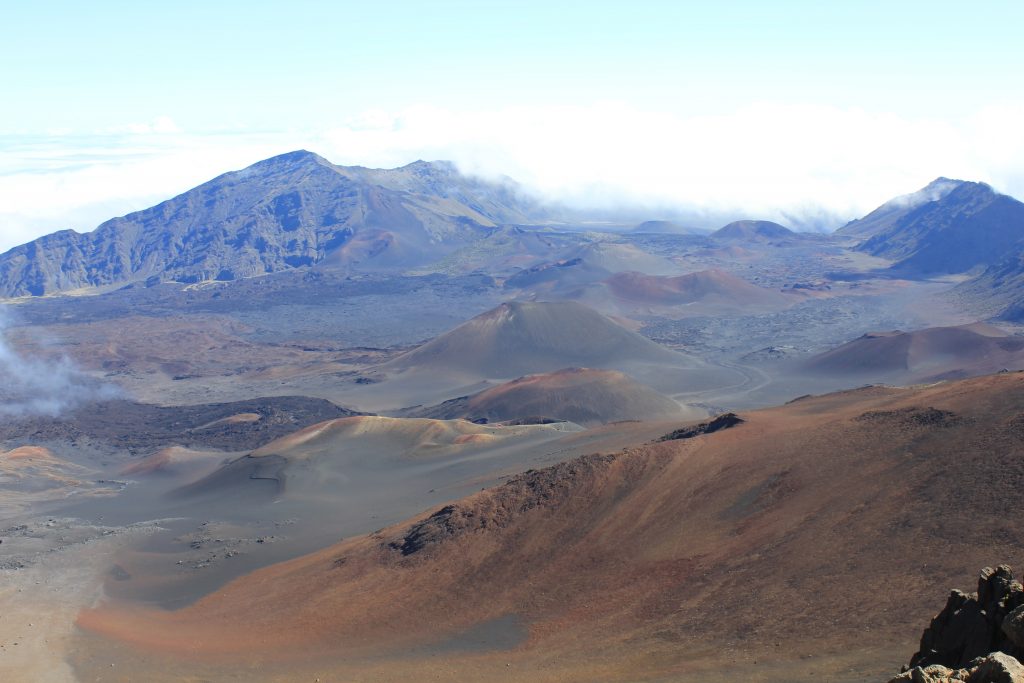Introduction
- Overview of sustainable travel and importance of supporting local communities
- Ways travelers can positively contribute through eco-tourism
Body
Research Sustainable Accommodations
- Eco-lodges, conservation campsites, and green hotels
- Carbon offset programs and environmental certifications
Join a Voluntourism Project
- Volunteer on sea turtle conservation programs
- Help build schools, wells, or community centers
- Ensure project aligns with community needs
Support Locally-Owned Businesses
- Dine at restaurants offering local cuisine
- Shop at farmers markets and artisan collectives
- Take tours guided by indigenous operators
Choose Low-Impact Activities
- Opt for walking, sailing or kayaking over motorized options
- Avoid damaging practices like coral reef touching
Learn About Conservation Efforts
- Visit rehabilitation centers for native wildlife
- Talk to locals about sustainability initiatives
- Attend talks by conservation groups
Buy Locally-Made Products
- Seek upcycled crafts and goods supporting traditional skills
- Avoid cheap imported souvenirs lacking cultural significance
Travel During Off-Peak Times
- Avoid overtourism during busy seasons
- Consult destinations for ideal visitation periods
Offset Your Carbon Footprint
- Calculate emissions from flights and activities
- Invest in reliable carbon offset programs
Share Your Experience
- Write reviews highlighting eco-friendly businesses
- Promote sustainable practices on social media
- Inspire other travelers to support these efforts
Conclusion
- Summary of small steps travelers can take for positive impact
- Vision for sustainable travel upholding Oceania’s ecosystems and communities
FAQs
What is the most eco-friendly way to get around Oceania?
Opt for trains and boats between destinations whenever possible. Buses and campervan rentals are other low-impact options.
Which voluntourism programs have the best reputations?
Projects through Wwoof, World Wide Opportunities on Organic Farms, provide cultural exchange through sustainable farming.
How can travelers support traditional artisans?
Seek out indigenous-run galleries, markets, and cultural centers showcasing locally-made crafts.
What practices should be avoided on the Great Barrier Reef?
Refrain from touching or removing coral and marine life. Choose regulated snorkeling over motorized water activities.
What are the most eco-friendly Oceania souvenirs?
Seek locally-designed art and crafts made sustainably from recycled, natural, and upcycled materials.
